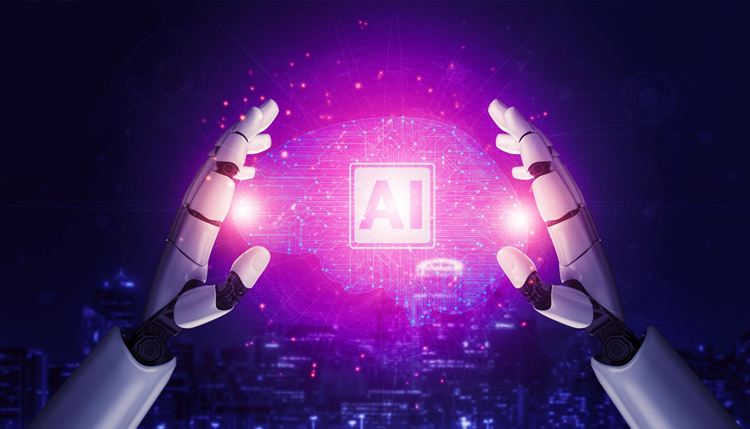
Last updated on June 10, 2024
What’s Next After AI?
AI has revolutionized many sectors, transforming business operations and daily life. But what’s next after AI? This blog explores potential advancements and emerging technologies that may shape the future beyond AI.
The Evolution of AI and Its Current State
AI, particularly machine learning and deep learning, has achieved remarkable capabilities. AI systems can now recognize speech, understand natural language, and generate human-like text. Industries like healthcare, finance, and manufacturing have greatly benefited from AI’s capabilities.
Despite AI advancements, the technology has limitations. Current AI models require extensive data and computational power. They often lack common sense reasoning and struggle with tasks requiring contextual or emotional understanding. These limitations highlight the need for new paradigms and technologies to expand AI’s capabilities.
Quantum Computing: A Game-Changer for AI
Quantum computing leverages quantum mechanics to perform complex computations at high speeds. Unlike classical computers, quantum computers use qubits that can exist in multiple states simultaneously. This enables them to solve problems intractable for classical computers. For AI, quantum computing promises faster model training, improved optimization, and more complex simulations. Quantum-enhanced AI could drive breakthroughs in drug discovery, materials science, and cryptography.
Neuromorphic Computing: Mimicking the Human Brain
Neuromorphic computing, inspired by the human brain, aims to create specialized hardware that emulates neural networks. Unlike traditional AI, which relies on software running on general-purpose hardware, neuromorphic computing uses specialized chips designed to mimic the brain’s architecture. Neuromorphic chips, such as Intel’s Loihi, can process information more efficiently, leading to lower power consumption and faster processing speeds. These chips excel at tasks like pattern recognition, sensory processing, and real-time decision-making, paving the way for more advanced and energy-efficient AI systems in robotics, autonomous systems, and edge computing.
Brain-Computer Interfaces: Bridging Mind and Machine
Brain-computer interfaces (BCIs) aim to enable direct communication between the brain and external devices, potentially revolutionizing healthcare, assistive tech, and human-computer interaction. Advancements in neuroscience and machine learning have enabled more sophisticated BCIs that can decode neural signals and translate them into device commands. BCIs could enhance cognition, restore lost senses, and provide new ways to interact with technology. However, ethical and privacy concerns must be addressed to ensure responsible development and deployment.
The Internet of Everything: A Hyper-Connected World
The Internet of Things has connected billions of devices. The next step is the Internet of Everything, integrating people, data, and processes. IoE envisions seamless integration, enabling new automation, efficiency, and innovation. AI will be crucial in managing the data from interconnected systems. AI could optimize traffic, energy, and public safety in smart cities. IoE could also transform healthcare through continuous patient monitoring and personalized treatment.
Ethical and Societal Implications
Emerging technologies like AI raise ethical and societal concerns. We must consider data privacy, security, and the ethics of augmenting human abilities with BCIs. Automation also poses risks of job displacement. Governments, researchers, and industry must collaborate to establish responsible guidelines and regulations. Public engagement and transparency are crucial to building trust and ensuring these technologies benefit society.
Conclusion
The future beyond AI holds exciting possibilities, including quantum computing, neuromorphic computing, brain-computer interfaces, and the Internet of Everything. These advancements have immense potential but also come with challenges that must be addressed responsibly. As we explore what’s next after AI, we must consider the ethical, social, and environmental implications to harness these technologies and create a better, more connected, and more intelligent future. For more information, please visit www.blancoinfotech.com.






